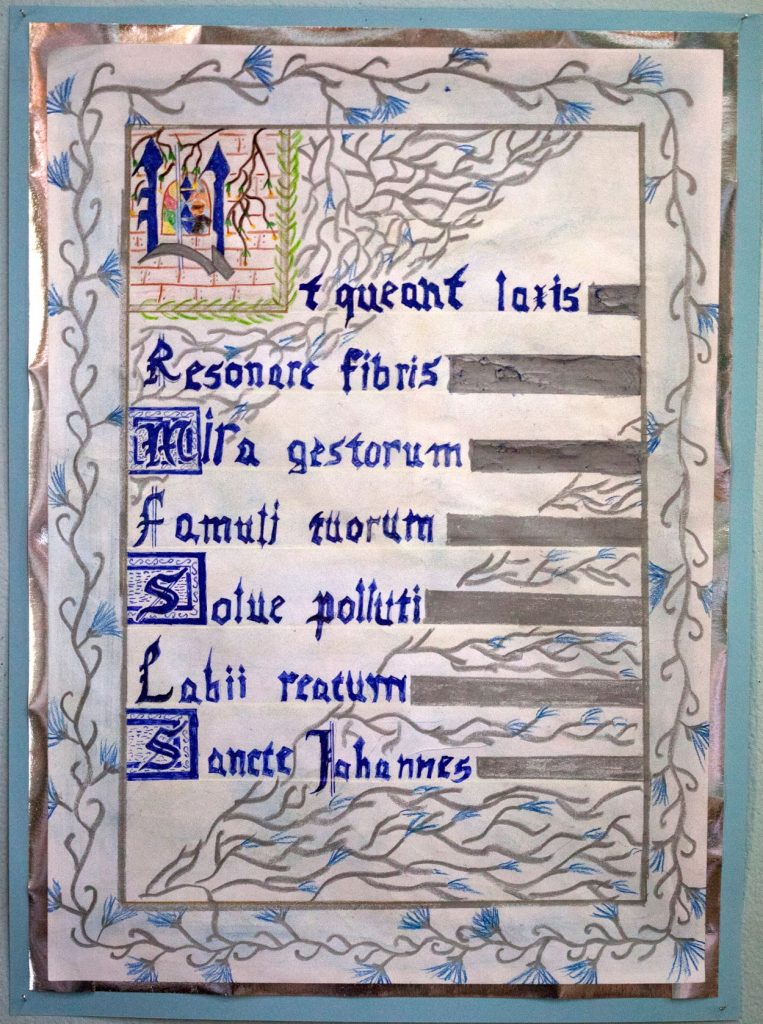
“The primary task through these years is to educate and nourish the imaginative powers of the child. It is this vital picture-making capacity that gives life and insight to logical and conceptual thinking.”
When we think of “imagination” our minds will hop first, perhaps, to a little child at play. We see him using a few bits of wood and creating, imaginatively, a wonderful carriage for himself.
Imagination is, I think, often undervalued in today’s world. It is often looked upon as an airy-fairy capacity that leads to an unreal/impractical approach to life.
Not so! Many great thinkers have given it a foundational role in our lives…
Rudolf Steiner placed great emphasis on the development of imagination. He asked the pioneer teachers to permeate/drench themselves with the power of imagination and he tagged the nourishment of the imagination as a primary task in the formative years of schooling.
“The primary task through these years is to educate and nourish the imaginative powers of the child. It is this vital picture-making capacity that gives life and insight to logical and conceptual thinking.”
Albert Einstein’s description of imagination is often quoted,
“Imagination is more important than knowledge. For knowledge is limited to all we know and understand, while imagination embraces the entire world, and all there ever will be to know and understand.”
I was delighted recently to find a potent comment regarding imagination in an article about high-tech heart surgery. The author was describing a few amazing innovations and he said – “as long as we have skilled surgeons with powerful imaginations this field of endeavor will continue to grow and the outcome will be changed lives.” (my paraphase)
Padriac Colum wrote for children and his writing was a gift to childhood. He saw imagination as a creative energy.
“Imagination is the beginning of creation…you imagine what you desire; you will what you imagine; and at last you create what you will. If children are to will out of their imagination and create out of their will, we must see to it that their imaginations are not clipped and made trivial.”
Ruth – Education Coordinator